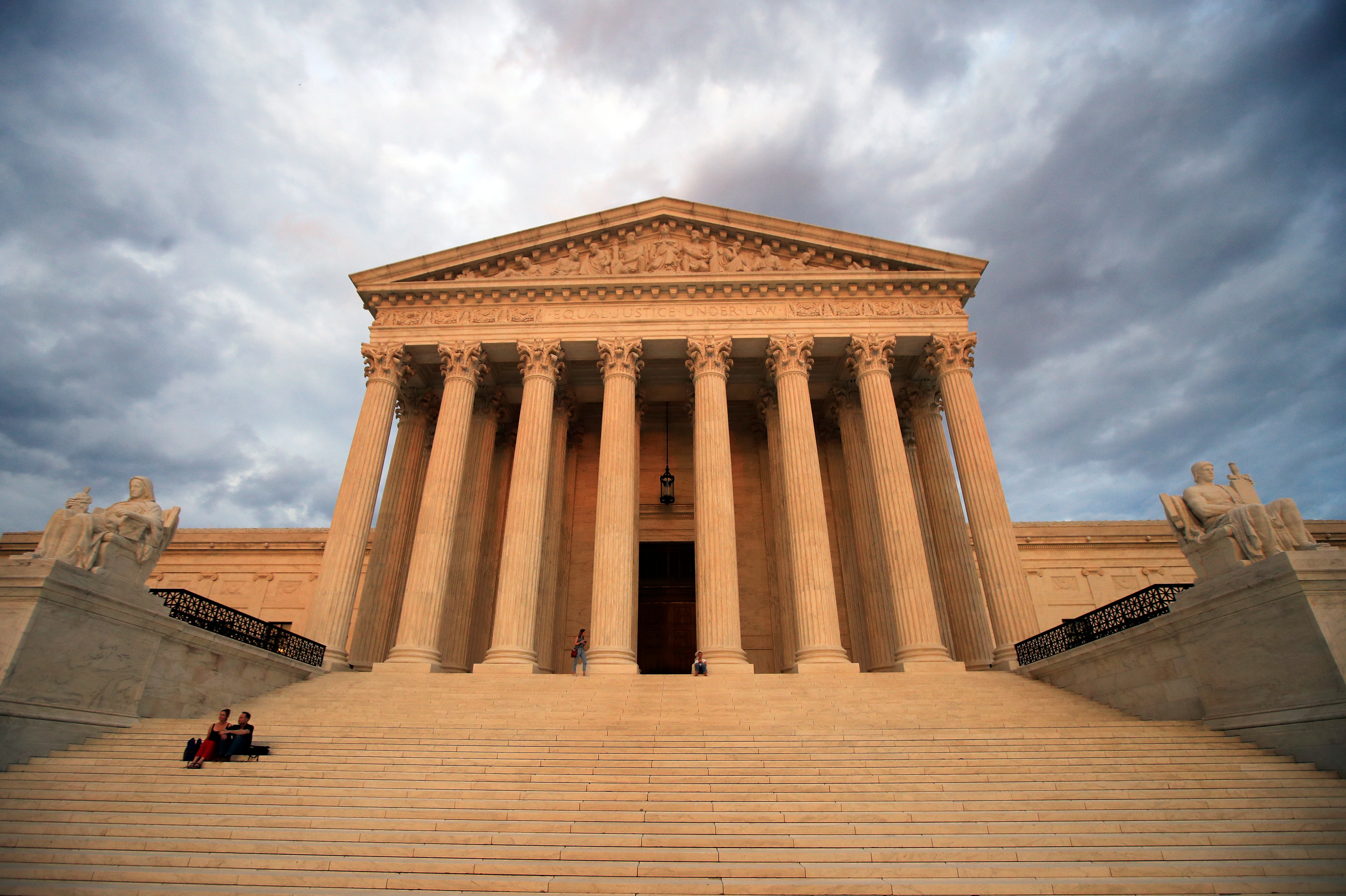Supreme Court signals it will uphold a tax on foreign income and leave a wealth tax for another day
The Supreme Court seems inclined to uphold a tax on foreign income while leaving broader questions about a never-enacted tax on wealth for another day

Your support helps us to tell the story
From reproductive rights to climate change to Big Tech, The Independent is on the ground when the story is developing. Whether it's investigating the financials of Elon Musk's pro-Trump PAC or producing our latest documentary, 'The A Word', which shines a light on the American women fighting for reproductive rights, we know how important it is to parse out the facts from the messaging.
At such a critical moment in US history, we need reporters on the ground. Your donation allows us to keep sending journalists to speak to both sides of the story.
The Independent is trusted by Americans across the entire political spectrum. And unlike many other quality news outlets, we choose not to lock Americans out of our reporting and analysis with paywalls. We believe quality journalism should be available to everyone, paid for by those who can afford it.
Your support makes all the difference.The Supreme Court on Tuesday seemed inclined to uphold a tax on foreign income while leaving questions about a broader, never-enacted tax on wealth for another day.
On the first issue, conservative and liberal justices voiced concerns that ruling for a Washington state couple challenging a provision of the 2017 tax bill would threaten other provisions of the tax code.
After two hours of arguments, there seemed to be a consensus on the court to craft a narrow ruling that would avoid what Solicitor General Elizabeth Prelogar said would be “several trillion dollars in lost revenues.”
The case argued Tuesday was brought by Charles and Kathleen Moore of Redmond, Washington. They challenged a $15,000 tax bill based on Charles Moore’s investment in an Indian company.
Backed by anti-regulatory and business interests, they contend that the tax violates the 16th Amendment, which allows the federal government to impose an income tax on Americans. Moore said in a sworn statement that he never received any money from the company, KisanKraft Machine Tools Private Limited.
The 2017 tax law that was passed by a Republican Congress and signed by then-President Donald Trump includes a provision that applies to companies that are owned by Americans, but do their business in foreign countries. It imposes a one-time tax on investors’ shares of profits that have not been passed along to them, in order to offset other tax benefits.
The provision is expected to generate $340 billion, mainly from the foreign subsidiaries of domestic corporations that parked money abroad to shield it from U.S. taxes.
The case attracted outsize attention because some groups allied with the Moores argue that the challenged provision is similar to a wealth tax, which would apply not to the incomes of the very richest Americans but to their assets, like stock holdings, that now only get taxed when they are sold.
Paul Ryan, the Wisconsin Republican who was speaker of the House when the tax bill was passed by a Republican Congress and signed into law by then-President Donald Trump, has called the challenge misguided and has said “a lot of the tax code would be unconstitutional if that thing prevailed.”
Democratic Sen. Ron Wyden of Oregon said a court ruling for the Moores could stymie legislation like the Billionaires Income Tax he introduced last week. “The Moore case could make it impossible to close those loopholes,” Wyden said.
Some conservative justices seemed to have a wealth tax in mind when they asked Prelogar, the Biden administration's top Supreme Court lawyer, about the “far-reaching consequences,” in Justice Samuel Alito's words, of her arguments.
But Justice Brett Kavanaugh chimed in to say “we don't have to agree with you on that for you to prevail.” Even Alito at one point acknowledged he “was quite concerned by the potential implications” of the Moores' arguments.
The case also has kicked up ethical concerns and raised questions about the story the Moores' lawyers told in court filings. Public documents show that Charles Moore's involvement with the company, including serving as a director for five years, is far more extensive than court filings indicate.
Alito rejected calls from Senate Democrats to step away from the case because of his ties to David Rivkin, a lawyer who is representing the Moores.
___
Associated Press writer Fatima Hussein contributed to this report.